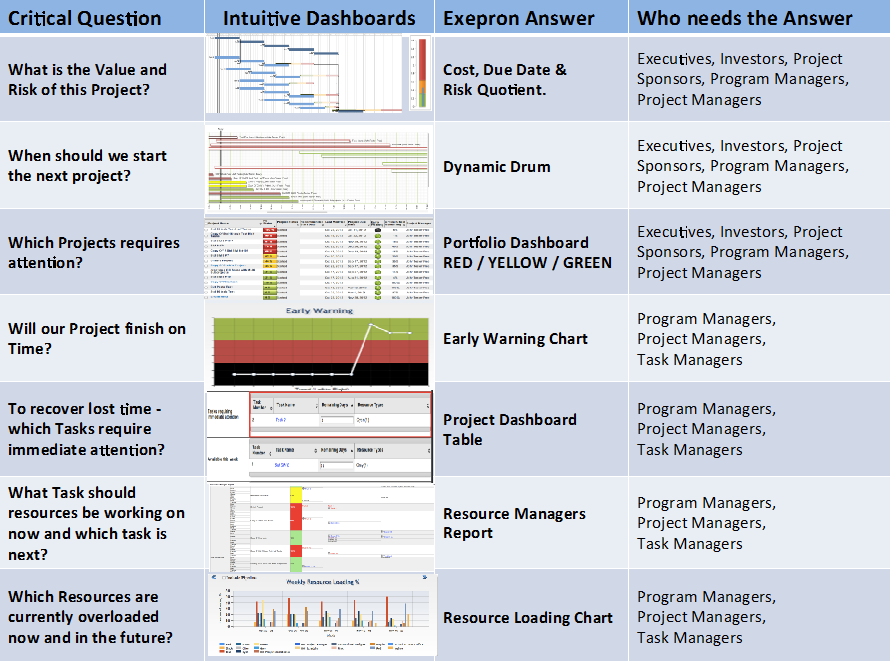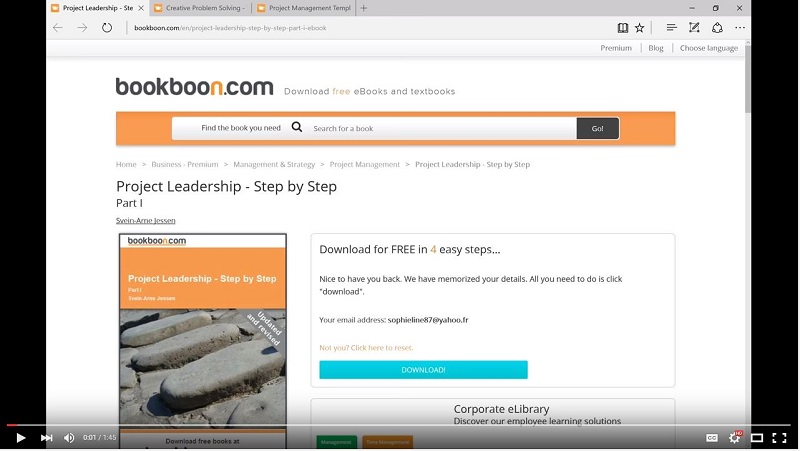How project managers can deal with the vast sea of data and networks


In this Internet age, have the abundance and access to data improved communication?
We have access to more data than any time in history and this grows with every passing day. Finding data is not what is difficult: cutting through the clutter and filter quality and value from the data ocean is becoming more challenging as this sea explodes. In parallel, personal connectivity is now instant and accessible to more humans on the planet than every before. This network is growing every day as more connections are added.
We are left with the problem of filtering Value from an exploding noisy and chaotic ocean of data. Where do we start?
The value of a network
Metcalf’s Law defines the value of a network as the square of the number of nodes. [Network Value = nodes2]
Two telephones make one connection, five telephones make 10 connections and twelve telephones make 66 connections.
This value statement is only partially correct – if we define value as the usefulness of that Network. We can still be highly connected but share irrelevant or misleading information, debasing the real value of a connected world.
Connectivity is necessary, but far from sufficient to realize its full potential. If information is power, then how about Real-Time Information? Fresh information must then create even greater advantage in the market place.
So WHAT IS the direction of a valuable solution?
The Internet provides access to real-time data. In a connected world, every access point is at the center of that data universe.
The problem is, there is a sea of data generated every second on the Internet, but how much of it is valuable? How much of this data is useful for improving our lives? Can we turn data into useful information?
Stepping back a few years, global connectivity has grown exponentially from Morse code to copper wire and from hand crank telephones to dial-up phones and touch screen mobile phones that we all know today. The question is: has conductivity improved the quality of information?
So what is quality information?
Or simply, what is information, period?
Information is simply the answer to the question asked!
If information is the answer to a question asked, then are we asking the right questions? Do we know what we are looking for when asking a question? Where do we even know where to begin, given this vast sea of data?
The world is now an always-on and real-time environment.
Project Management can now access and transfer critical information in real-time. How do we leverage this? What are the critical questions during the three phases of PLANNING, SCHEDULING and finally EXECUTING a project? [or Portfolio of Projects].
Criteria to judge a great Project Management solution
What does a good solution look like in this new connected world?
In Planning
Network building should provide real-time collaborative no matter where you are located in the world, in the next office or on the other side of the planet.
Changes should be instant and visible to all team members in real-time.
‘What-If’ scenario building should be instant and ‘always-on’. Communication should be visual and verbal and accessible to all team members.
Scheduling a portfolio of projects
When releasing a project, what about the impact on all of the other projects that are already in process? Will resources be overloaded? Will we be taking on too much work? Will there be a period of peak resource loading, requiring planned outsourcing or overtime?
Is this project at high risk of not finishing on time? Answers to these questions must be instantly clearly visible. Dashboards must provide answers in real-time.
During Execution
Which projects are falling behind? If a project is falling behind, then which tasks are critical to bring the project back on track? Is the pace of execution sufficient to meet the due date without incurring additional costs?
If we take corrective intervention measures, is there any way of telling that these corrective actions will work? Again, answers to these questions must be instantly visible on real-time dashboards.
What do Project Managers really need?
If there were real-time answers to these questions, then there would be a great Project Management solution.
These answers would filter out irrelevant data and provide quality, relevant information. Project Managers would certainty be better positioned to contain cost and bring projects in on time.
Fortunately, there is a solution – Exepron Critical chain Project Management solution provides solid answers to all of the above questions. Exepron does this for a single project and more importantly a portfolio of projects having a shared resource base.
Every Team member has their questions answered in Real-Time and in full. Project Teams can now pro-actively respond to timely Quality Information
Just a few of Exepron’s informational Dashboards to keep your Projects on track; there are more tools and information to answer critical questions during Planning, Scheduling and Execution.
About the author:
John Thompson is the owner of Global Focus LLC, a business consultancy and co-founder of Exepron, a cloud-based Critical Chain Project Management software solution.
If you would like to learn more about project management, you can visit the EXEPRON website or download one of our books about Project Management.





